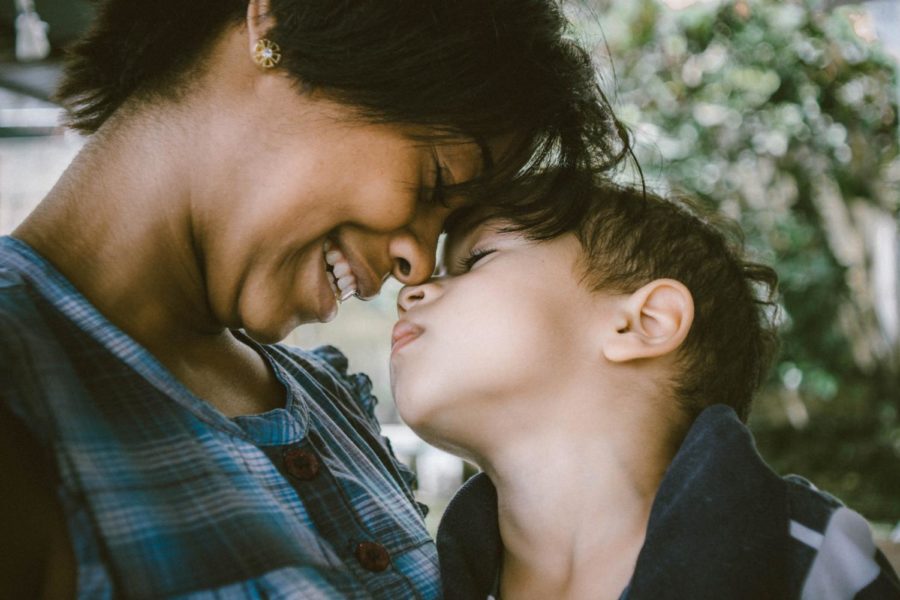The Impact of Family Stories
Family stories. No matter who we are, we’ve all heard them, even if they weren’t from our own family. When we hear the term family stories, we occasionally think it’s something powerful and deep, but often the family stories we hear are just the daily antics of our parents when they were teenagers.
Stories like these are usually just for the fun of it. Like that story about how dad spilled hot grease down his legs and our aunts all just sat there watched it happen. There’s no real lesson or reason to tell them besides “Why not?” Sometimes these stories are told as a warning. A father might tell that story about hot grease the first time when his child is cooking as a warning to be careful, but that same story might come up again when the aunts are recalling how ridiculous their little brother has always been. A favorite uncle might tell his nieces and nephews not to ride bikes in the street because of that one time he got hit by a car, but he might also retell that story when he wants to show off his scar or share about when he used to be so daring.
While these are the main types of family stories told, there definitely are some that are meaningful and impactful. Some people have family stories about a grandfather living in South Africa during apartheid or a great-uncle who had fought in a distant war. Stories like that could motivate younger family members into helping people out and speaking out against hate.
While some family stories are just for fun and some are serious, they all have some sort of meaning to them. Whether it’s don’t get hit by a car or stand against hatred or even “let me tell you a story about one time I burned myself,” there’s a reason they’re told and continue to be told and they often tie a family together with memories and private messages.



